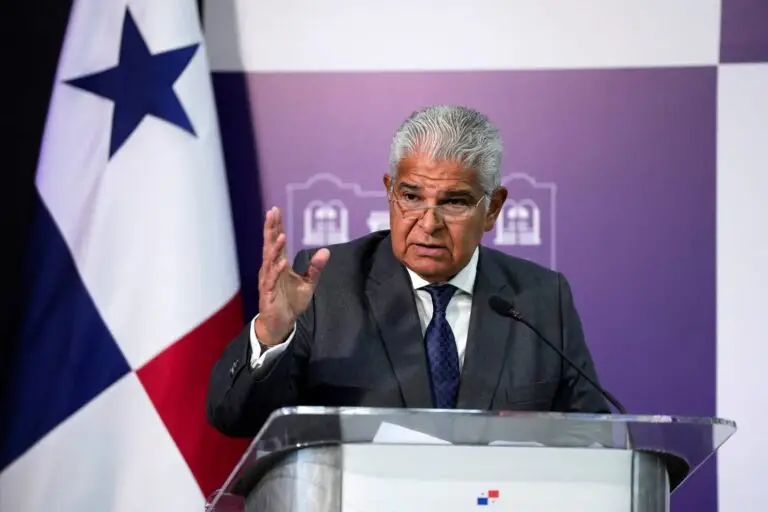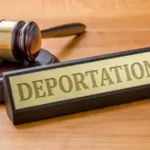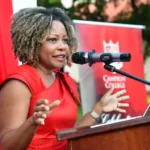PANAMA CITY, Panama (Reuters) – In a fresh diplomatic clash, Panama has formally lodged a complaint with the United Nations in response to U.S. President Donald Trump’s unsettling comments regarding the Panama Canal. The U.S. leader’s statement, suggesting a potential takeover of the strategic waterway, has raised concerns in Panama, which has since launched an audit into the operations of the company managing two key ports on the canal.
The Panamanian government, in a letter sent to UN Secretary-General Antonio Guterres, expressed its alarm over the remarks, which it described as a threat to the sovereignty and territorial integrity of Panama. In line with international law, the letter invoked a provision from the UN Charter, which prohibits any member state from using force or threats to interfere in the affairs of another nation.
President Trump, during his inaugural speech, reignited old tensions by claiming that China had undue control over the Panama Canal, despite Panama formally taking ownership of the waterway in 1999. Trump’s statements implied that the U.S. could take back the canal, even though it was transferred to Panama as part of a historic agreement over two decades ago. He emphasized, “We didn’t give it to China, we gave it to Panama. And we’re taking it back.”
In response to the escalating situation, Panama’s government has decided to conduct a comprehensive audit of the Panama Ports Company, the operator of the canal’s crucial port terminals, Balboa and Cristobal. The company, which is tied to Hutchison Ports, a subsidiary of the Hong Kong conglomerate CK Hutchison Holdings, has come under scrutiny for its operations and its compliance with the terms of the concession agreement.
The Panamanian comptroller’s office has announced the audit’s purpose is to ensure transparency, evaluate income reporting, and determine if the company is fulfilling its contractual obligations. This move comes as the country seeks to maintain control over the canal, reinforcing its commitment to neutrality in the face of external pressures.
Panama’s President, Jose Raul Mulino, has firmly rejected any notion that foreign powers are meddling with the canal’s operations, reaffirming that the waterway belongs solely to Panama. “The canal is and will remain Panama’s,” Mulino declared in a strong rebuttal to Trump’s remarks.
Despite Trump’s repeated criticism, which includes threats of military intervention, Panama remains resolute in safeguarding its sovereignty. The Panama Ports Company, which manages the two ports on the canal, extended its concession for an additional 25 years in 2021. The U.S. remains the canal’s primary user, followed by China, with both countries relying heavily on the waterway for global trade.
Since Panama assumed control of the canal, the nation has seen a significant economic benefit, with more than $30 billion in revenues generated since 2000, including $2.5 billion in the most recent fiscal year. However, as the political stakes rise, the future of the Panama Canal and its governance continues to be a highly charged issue on the international stage.






